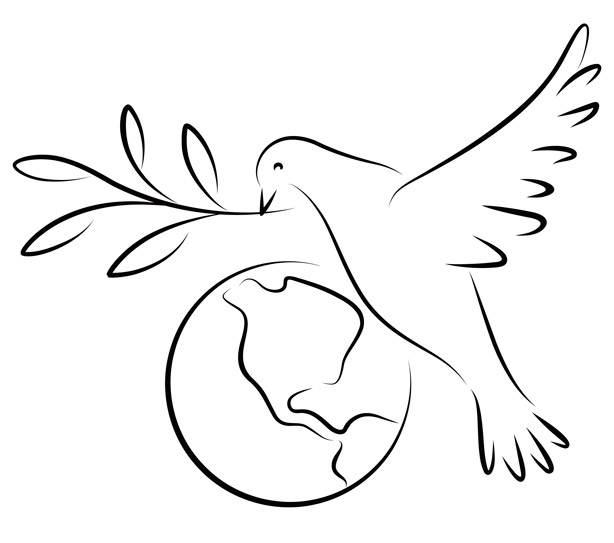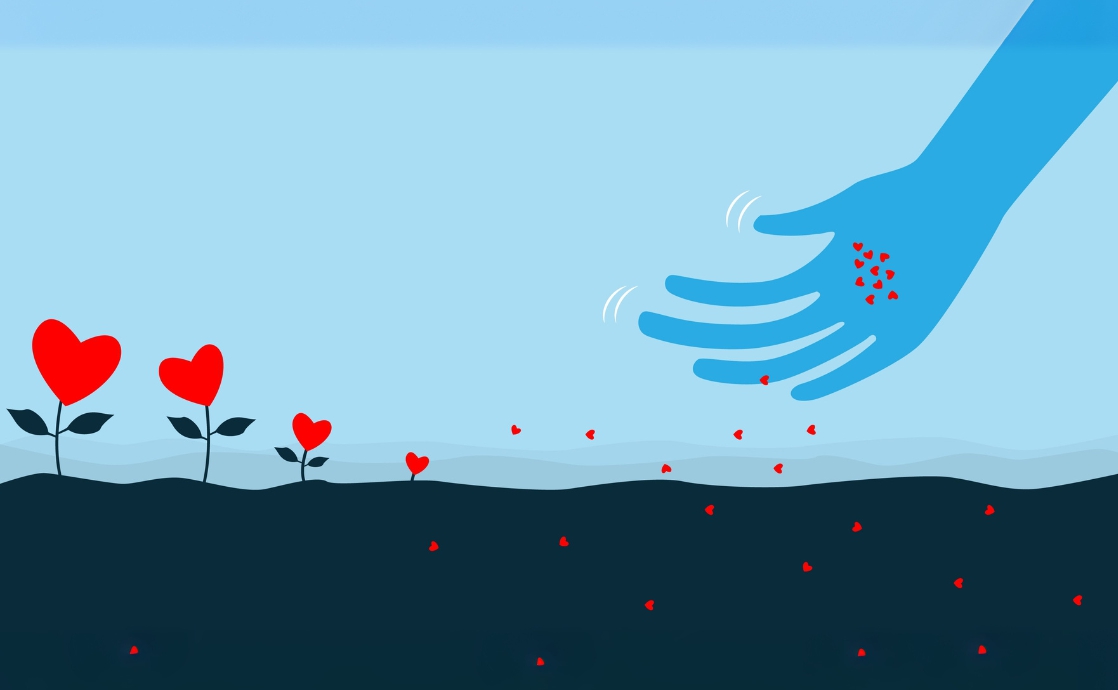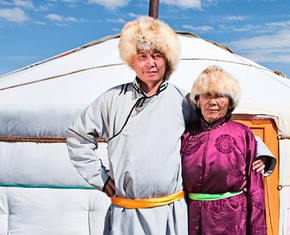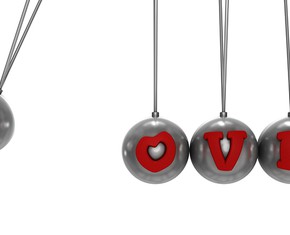The views expressed in our content reflect individual perspectives and do not represent the authoritative views of the Baha'i Faith.
“There’s so much hate right now,” bewailed a friend recently.
Usually one of the most positive and upbeat women I know, she sounded dejected. Deeply concerned about the state of society, especially in the political realm, but in general as well, she worries what the future holds in light of this growing disconnect between people.
The Baha’i teachings say:
… all are servants of the loving and merciful God who has created, nourished and provided for all, therefore why should men be unjust and unkind to each other, showing forth that which is contrary to God? As He loves us why should we entertain animosity and hate? If God did not love all He would not have created, trained and provided for all. Loving-kindness is the divine policy. Shall we consider human policy and attitude superior to the wisdom and policy of God? This would be inconceivable, impossible. Therefore we must emulate and follow the divine policy, dealing with each other in the utmost love and tenderness. – Abdu’l-Baha, Foundations of World Unity, p. 25.

We all know that politicians can’t legislate unity. Hate and distrust will not be broken down via the legal system. I’m not saying we don’t need laws to protect against hate crimes—unfortunately, we do. But laws won’t cure the problem. In order to no longer need such laws, prejudice must be eliminated. That change needs to work from the bottom up, as the lyrics say, “Let there be peace on earth, and let it begin with me.” Ah, but how?
Divine policy calls us to study the Holy Scriptures, meditate on their meanings and join a like-minded, peaceful community of like-minded souls in order to nourish and enlighten our hearts and the world. Our goal: to become true lovers of God and his creation, which includes people, animals and the natural environment. Mere knowledge, however, won’t do much—we must act upon our beliefs. More than that, we must do so with such sincerity and radiant joy that others will be drawn to us and want to know what motivates us, so they in turn will seek their own spiritual confirmations and start to find love rather than hate in their hearts.
Abdu’l-Baha once told a group:
I want to make you understand that material progress and spiritual progress are two very different things, and that only if material progress goes hand in hand with spirituality can any real progress come about, and the Most Great Peace reign in the world. If men followed the Holy Counsels and the Teachings of the Prophets, if Divine Light shone in all hearts and men were really religious, we should soon see peace on earth and the Kingdom of God among men. The laws of God may be likened unto the soul and material progress unto the body. If the body was not animated by the soul, it would cease to exist. It is my earnest prayer that spirituality may ever grow and increase in the world, so that customs may become enlightened and peace and concord may be established. – Abdu’l-Baha, Paris Talks, p. 108.
Yes, we humans do have a long history of hatred, so peace and concord sometimes seems remote. The Hatfields and the McCoys, the Montagues and the Capulets, Irish Protestants and Catholics, Middle Eastern Jews and Arabs, the Hutus and the Tutsis—rivalries and conflicts seem to have existed from time immemorial. They cause many folks to believe that’s just the way it is and will always be. No matter what part of the world you live in, you can find groups of people there who mistrust—and truly detest—each other.
A while ago the Arizona Republic published an article by Karina Bland about Magda Willinger’s experiences as a Jew during the Nazi regime, prior to and during her incarceration in concentration camps and in forced labor under the most unforgiving conditions. Today, Willinger worries about what she sees and reads in the news. In fact, Bland’s article ends with these lines:
People say it couldn’t happen again. Not in this era of global communication. Not with the whole world watching.
But Magda has seen genocide in different parts of the world in real time on the news. She sees the refugees fleeing and hears the hateful talk that pits one people against another.
’How can this repeat?’ she asks. ’We can’t let it happen again. We have to learn to accept each other as we are.’
People say it couldn’t happen. Not again. Not now.
Magda is not so sure. – Karina Bland, Arizona Republic, August 19, 2016.
The Jewish people have a rallying cry—Never again!—not just for themselves, but for all people everywhere. Each Holocaust survivor I’ve known or read about says that is the reason they allow themselves to relive their story and undergo the mental anguish the memories bring up. They would like to transcend the pain and suffering. They’d like to forget their first-hand experiences of man’s inhumanity to their fellow human beings. But they endure because they fear others will forget. They realize how many have forgotten. They see the current state of affairs around the world and they work harder because the need is so great. They want to impress on others the need to see each other as children of one loving God.
We can help change Magda’s uncertainty—and our own—by heeding and acting on this Baha’i prayer:
Please God, that we avoid the land of denial, and advance into the ocean of acceptance, so that we may perceive, with an eye purged from all conflicting elements, the worlds of unity and diversity, of variation and oneness, of limitation and detachment, and wing our flight unto the highest and innermost sanctuary of the inner meaning of the Word of God. – Baha’u’llah, The Book of Certitude, p. 160.
You May Also Like
Comments

















Without the solid barrier of historical
awareness, assuming human waywardness will not enter wherever
possible is like expecting water not
to fill a hole dug in a sandy beach.
Without the solid barrier of historical
awareness, assuming human waywardness will not enter wherever
possible is like expecting water not
to fill a hole dug in a sandy beach.
Many people feel your pain. It should be obvious that some folks treasure their own self-assurance more than the truth. It's fairly hopeless to expect them to abandon their polarized positions voluntarily. Maybe the "choir" is our only source
of comfort in the short term, and we should just "wait, watch, and pray"!
From Sayed GB Shah BOkhari